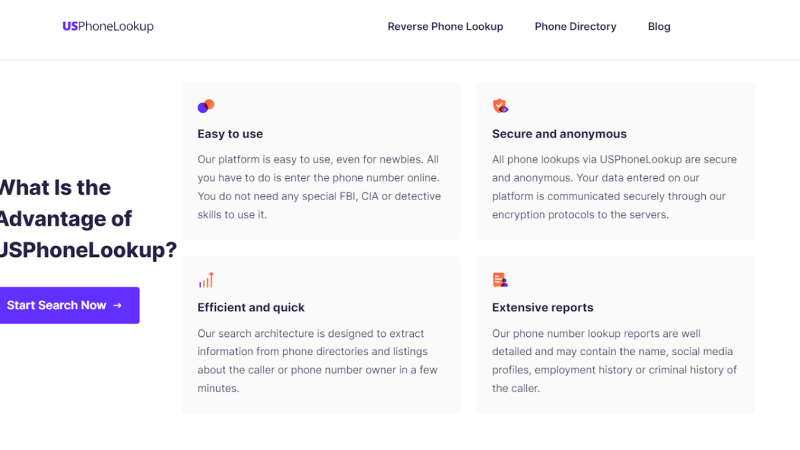Digital Signature Certificate (DSC) Software: Everything You Need to Know
If you’re in the market for an electronic signature solution, you’re likely feeling uncertain about the sheer range of options available. There are lots of apps to pick from. And distinguishing between different subscription tiers, feature sets, customer support packages, and so on is challenging.
One common area of confusion relates to the distinction between electronic and digital signatures. Digital signatures, which require digital signature certificates to create and rely on a “public key infrastructure,” are not the same as generic electronic signatures.
In this post, we’re going to help clear up that confusion. We’ll define key terms, look at the differences between electronic and digital signatures, and list some of the top app providers currently on the market.
Digital Signatures and Digital Certificates: A Comprehensive Definition
Digital signatures rely on a complex technological infrastructure to minimize the risk of fraud and offer high levels of assurance that documents are legally binding.
Here’s a quick overview of the main terms.
- Electronic signature – Any digital mark that is affixed to a document to signify acceptance of the terms it contains.
- Digital signature certificate – A digital signature certificate proves the identity of an entity and contains a public key that can be used to decrypt any digital signatures that an entity makes.
- Hash – A unique code generated from a document’s contents. When affixed to a file, it constitutes a digital signature. An entity uses a private key to create this hash.
- Public key – A public algorithm that can be used to decrypt a signers’ hash and authenticate a document.
- Private key – A private algorithm that an entity uses to encrypt a hash and approve a document.
- Public key infrastructure (PKI) – The technological infrastructure that supports the digital signing process.
Do You Need Special Software to Use a Digital Signature Certificate?
In the vast majority of cases, organizations do not need to use digital signatures to ensure that documents are legally binding.
Generic electronic signatures are endorsed by most major jurisdictions and are covered by legislation on both the national and international levels.
Some industries, such as government, military and healthcare, may require the use of digital signatures. However, for most organizations, the regular use of digital signatures will not be cost-effective.
A comprehensive document management solution, like market-leader PandaDoc, will cover most needs. Alternative apps that specialize in digital signatures include Adobe Sign, DocuSign and MyDocSafe. Feature sets and subscription costs often vary significantly between providers, so always conduct thorough research and take advantage of free trials, unpaid plans and demos.




